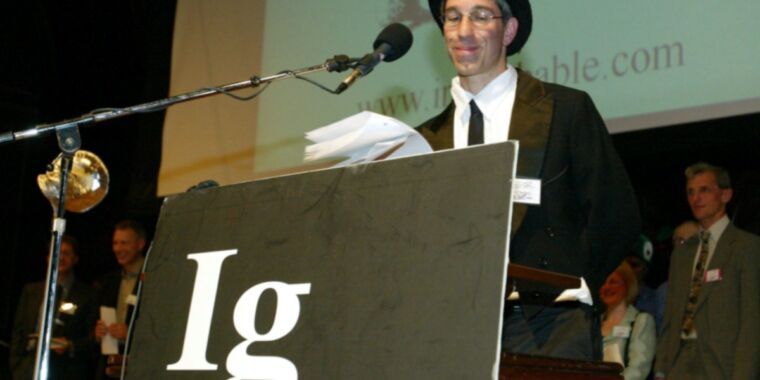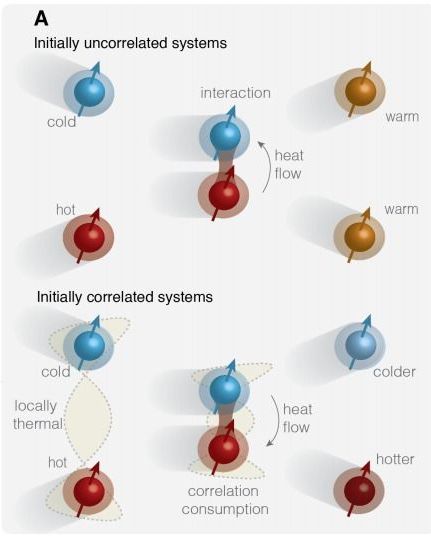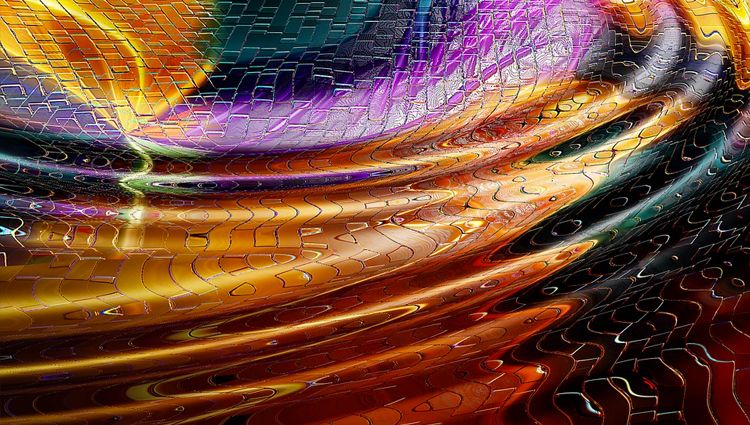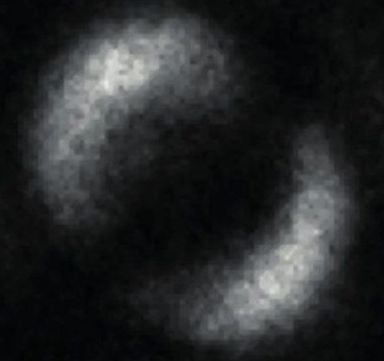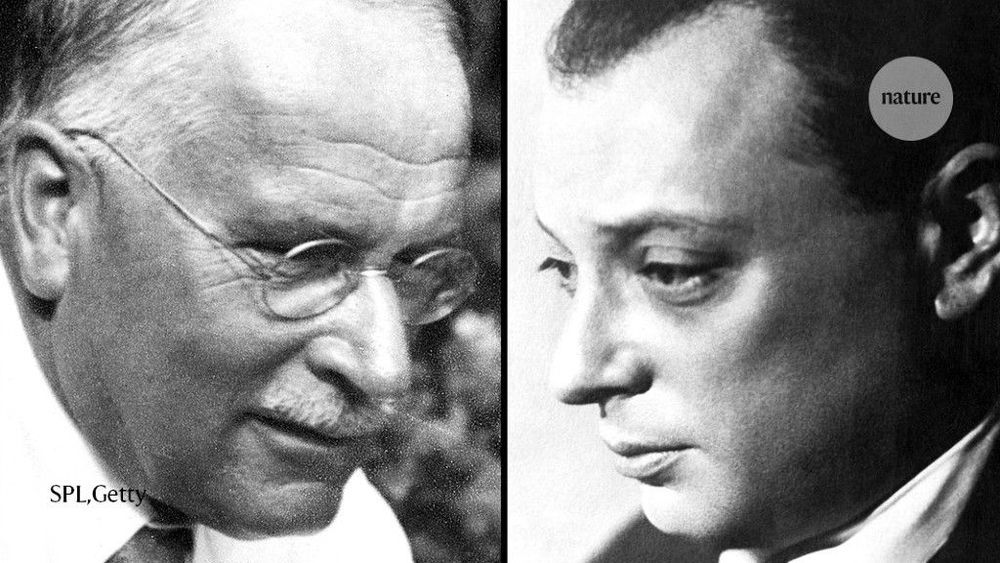Page 7346
Sep 17, 2020
A Step Toward Sustainable Lunar Exploration This Week @NASA
Posted by Alberto Lao in categories: space, sustainability
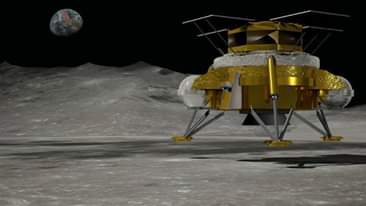
🌖 #Artemis partnerships to return lunar dust, and fly science & NASA Technology to the Moon.
🌎 Our NASA Earth missions provide data to aid in wildfire response.
🛰️ New discoveries at asteroid Bennu from NASA’s OSIRIS-REx Asteroid Sample Return Mission.
Sep 17, 2020
Skin made of silicon can now control cell phones
Posted by Quinn Sena in categories: computing, mobile phones
Circa 2015 one day a whole skin computer could be not just a computer in skin but actually made from skin.
Forget click wheels, computer mice, and touch screens, we can now control our cell phones with our forearms.
O,.o 2016
The irreversibility of time may be a clue as to what makes up the universe’s dark matter.
Sep 17, 2020
Physicists Demonstrate How to Reverse of the Arrow of Time
Posted by Quinn Sena in category: physics
Circa 2017
One of the more curious challenges in physics is to understand the nature of time. At the microscopic level, the laws of physics are symmetric with respect to time—they work just as well whether time runs forwards or backwards. But at the macroscopic level, processes all have a preferred direction. The great physicist Arthur Eddington called this the “arrow of time.”
Just why this arrow points in one direction but not the other is one of the great scientific puzzles. The standard answer is that the arrow of time follows from the Second Law of Thermodynamics—that disorder, or entropy, always increases in a closed system.
Continue reading “Physicists Demonstrate How to Reverse of the Arrow of Time” »
Sep 17, 2020
Looking Back on The First-Ever Photo of Quantum Entanglement
Posted by Quinn Sena in categories: computing, particle physics, quantum physics
O,.o.
This stunning image captured last year by physicists at the University of Glasgow in Scotland is the first-ever photo of quantum entanglement — a phenomenon so strange, physicist Albert Einstein famously described it as ‘spooky action at a distance’.
It might not look like much, but just stop and think about it for a second: this fuzzy grey image was the first time we’d seen the particle interaction that underpins the strange science of quantum mechanics and forms the basis of quantum computing.
Continue reading “Looking Back on The First-Ever Photo of Quantum Entanglement” »
Sep 17, 2020
Quantum mechanics in the brain
Posted by Quinn Sena in categories: computing, neuroscience, quantum physics
Does the enormous computing power of neurons mean consciousness can be explained within a purely neurobiological framework, or is there scope for quantum computation in the brain?
Researchers pin down the contentious notion that ideas from the strange world of quantum mechanics underpin plants’ skill at harvesting sunlight.
